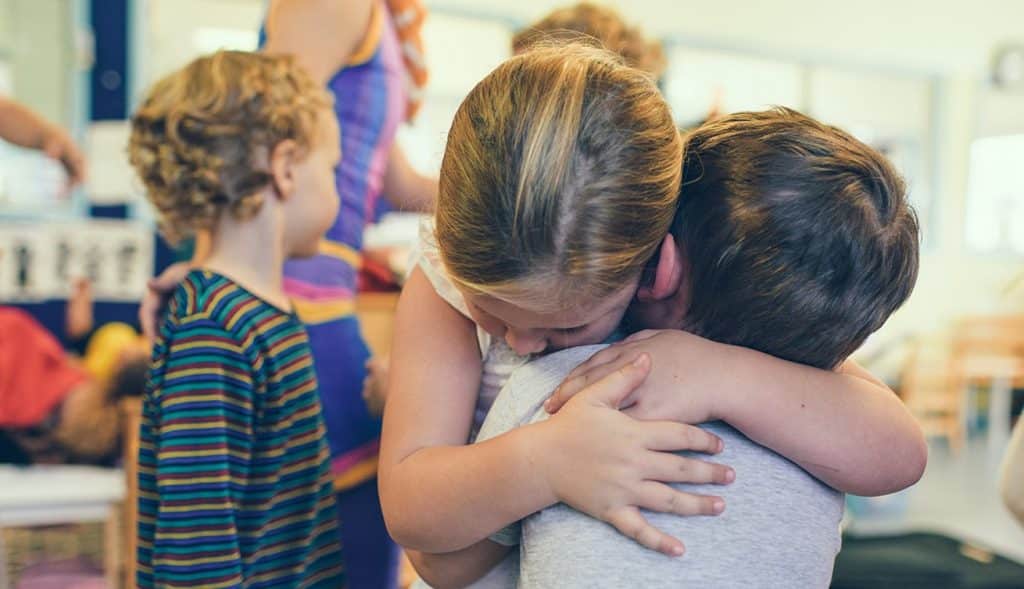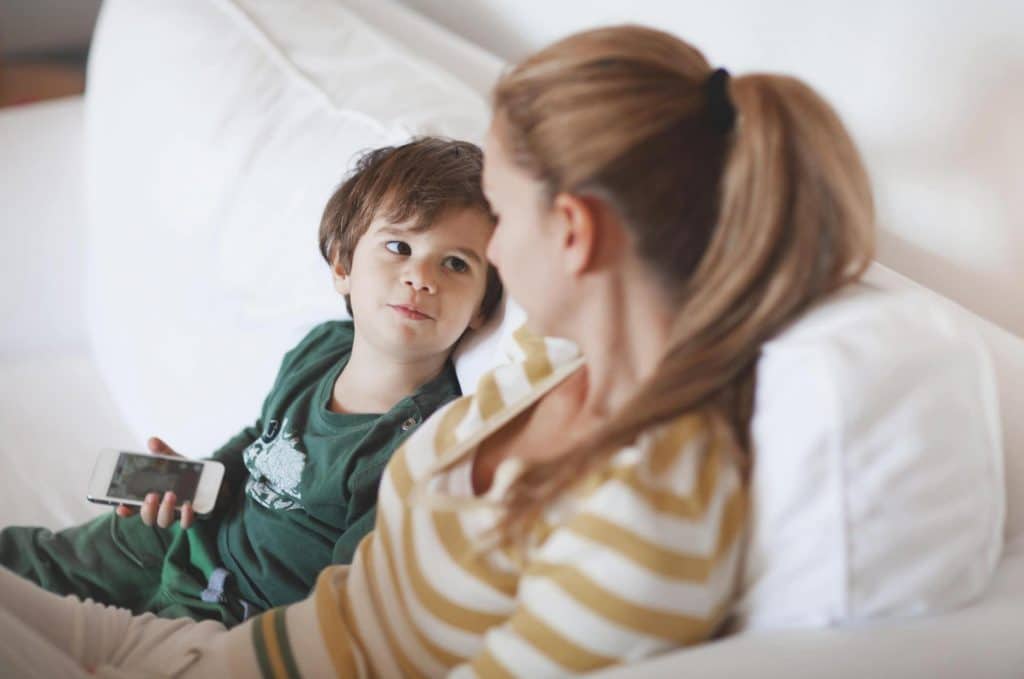Guide Preschoolers in Navigating Social Interactions and Resolving Conflicts
Guide Preschoolers in Navigating Social Interactions and Resolving Conflicts
Everybody will experience some level of conflict at some point in their lives. Adults and children alike frequently experience conflicts in everyday situations. Preschoolers will occasionally encounter conflicts, such as minor friendship problems, arguments, and miscommunications in the classroom.
For young children, forming and sustaining friendships isn’t always easy. There will always be roadblocks. For this reason, it’s critical that we teach conflict resolution skills to them. Teaching kids to resolve problems before they escalate into more serious issues or fights is of utmost importance.
This will help them foster strong friendships, hone their social skills, and interact with people in a respectful and considerate manner. Below are the practical strategies to guide your little one through the intricate world of friendships and conflict resolution.
Teaching Empathy

Empathy is the cornerstone of positive social interactions. Begin by helping your preschooler understand and recognize the feelings of others. Use everyday situations, such as a character in a book feeling sad or a friend expressing joy, to discuss and explore different emotions. Encourage your child to imagine how they would feel in similar situations.
Modelling Positive Behavior

Children are keen observers, and they often learn by imitation. Model positive social behaviours and effective communication in your interactions. When conflicts arise, demonstrate how to express emotions calmly and respectfully. By witnessing healthy social interactions at home, preschoolers are more likely to replicate these behaviours in their friendships.
Encouraging Sharing and Taking Turns

Sharing and taking turns can be challenging concepts for preschoolers who are still learning about ownership and boundaries. Provide opportunities for your child to practice these skills through games, playdates, and group activities. Praise and acknowledge their efforts when they successfully share or wait for their turn, thus reinforcing positive social behaviour.
Effective Communication Skills

Preschoolers are developing their language skills, and effective communication is vital for successful social interactions. Teach your child to express their thoughts and feelings using words rather than resorting to physical actions. Encourage them to use “I” statements, such as “I feel sad when…” or “I would like to play with you.”
Promoting Inclusion

Foster a sense of inclusivity by encouraging your child to be aware of others who may feel left out. Teach them the importance of including everyone in play and activities. Discuss how it feels to be excluded and emphasise the joy of making new friends. This helps build a foundation for empathy and kindness.
Setting Realistic Expectations

Preschoolers are still learning about social norms and expectations. Be patient and set realistic expectations for their behavior. Provide gentle guidance when needed and use conflicts as teachable moments. It’s essential for children to understand that making mistakes is part of the learning process.
CONCLUSION
As our preschoolers embark on their social journey, guiding them through positive interactions and conflict resolution sets the stage for healthy relationships in the future. By nurturing empathy, modelling positive behaviour, and teaching effective communication, we empower our little ones with the social skills needed for a lifetime of meaningful connections. As we support them in navigating the complexities of social interactions, we contribute to their emotional intelligence and lay the foundation for positive relationships with their peers.
Mulberry School Tour
Our Locations
Click here to visit our Contact Us page and view the preschool/infant care centres conveniently located near you.
CONNECT WITH US
USEFUL LINKS
About Us
Mulberry Learning prides itself on making the preschool experience both memorable and enjoyable while transforming a child into a competent explorer, an imaginative thinker, and a creative problem solver. Through our proprietary award-winning curriculum, unique Habits of Mind programme and dedicated staff who are passionate about imparting positive attitudes, Mulberry Learning holds strong in its promise to deliver a holistic education that nurtures the Future Ready Child.
A PREMIUM PRESCHOOL BRAND UNDER GLOBAL EDUHUB


